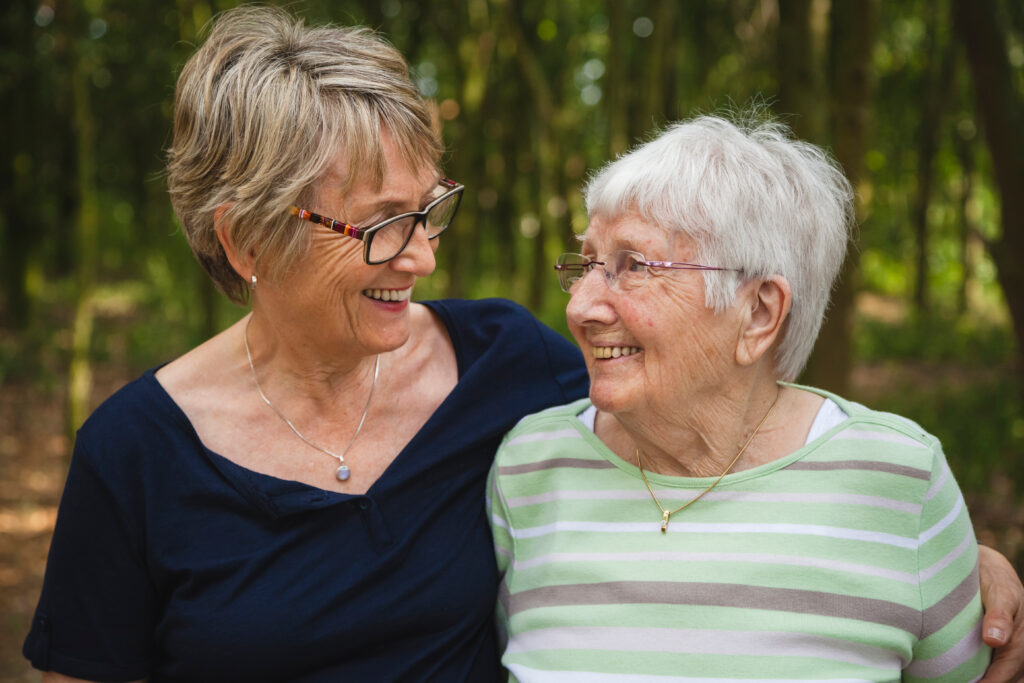The demographic of dementia caregivers is quite diverse, but some common trends have been observed. Caregivers are typically family members or close friends of the person with dementia. This can include spouses, adult children, siblings, or close friends. Many caregivers are middle-aged or older adults themselves, and may have other responsibilities such as work or caring for other family members.

It is also worth noting that women are more likely to be caregivers for people with dementia, but an increasing number of men are taking on this role as well. This shift may be due to changes in gender roles and expectations, as well as an increase in the number of men diagnosed with dementia.
Being a caregiver for someone with dementia can be a physically, emotionally, and financially demanding task. It requires a high level of patience, understanding, and support. The caregiver must be able to manage the practical and emotional demands of caring for someone with dementia, which can include providing personal care, managing medications, and helping with daily activities. Many caregivers report feeling overwhelmed and in need of support themselves.
It is essential for caregivers to take care of their own physical and emotional health, as well as seeking support from family, friends, and community resources as needed. Support groups and respite care services can provide caregivers with a much-needed break and an opportunity to connect with others who are going through similar experiences.
The demographic of dementia caregivers is diverse and can include spouses, adult children, siblings, or close friends. Caregivers may be women or men and are often middle-aged or older adults themselves. Caring for someone with dementia can be physically, emotionally, and financially demanding, and it is important for caregivers to seek support for themselves and take care of their own well-being.





